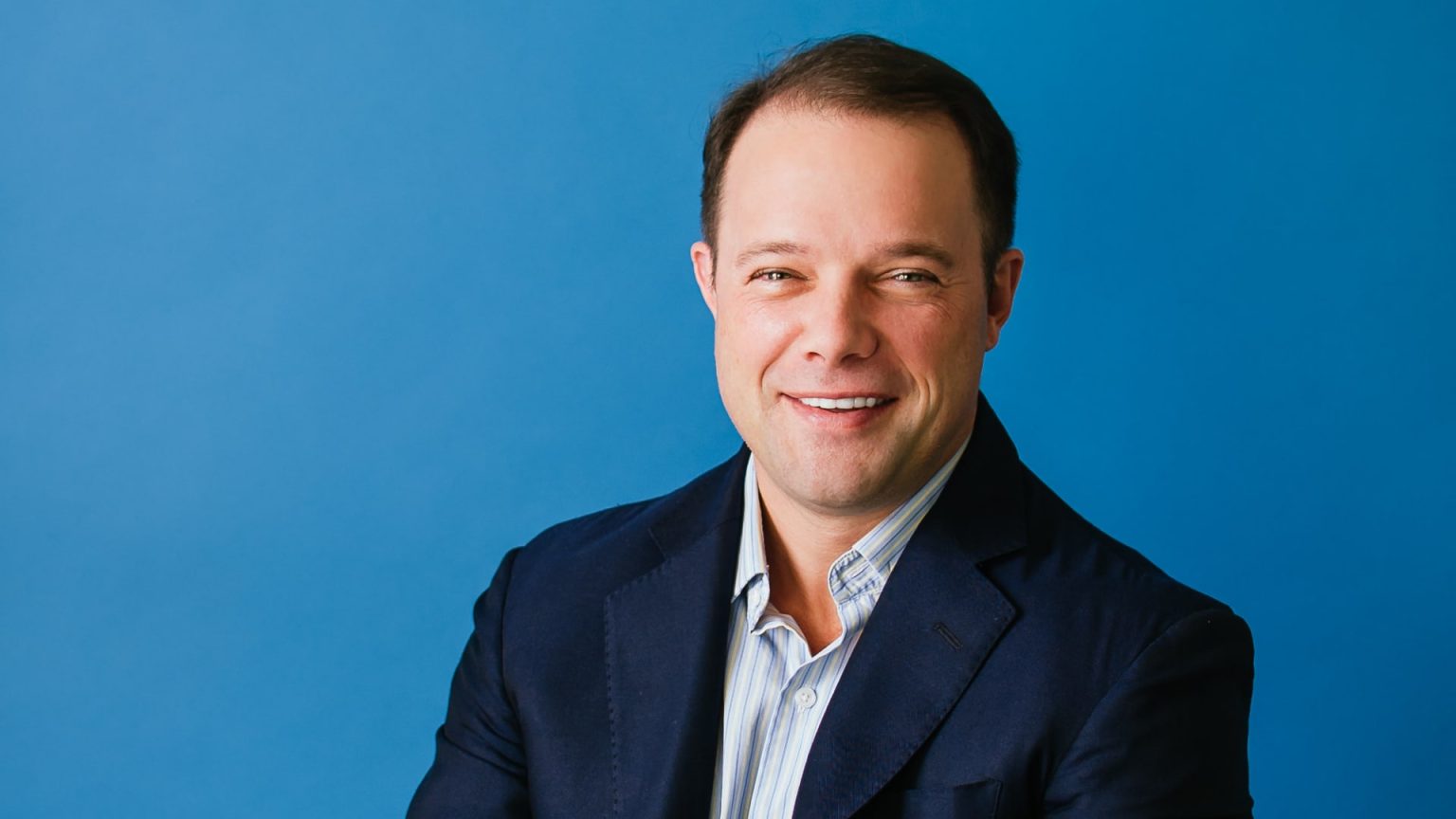“Tell me about yourself.”
It’s one of the most common — and deceptively difficult — job interview questions.
But “tell me about yourself” is more than an icebreaker: Hiring managers also use this question to evaluate your confidence and get a pulse on your goals and priorities.
“When you’re interviewing for a job, you’re marketing yourself,” says William Vanderbloemen, the CEO of executive search firm Vanderbloemen Search Group. “The best kind of marketing tells the truth, it’s concise and engaging.”
Vanderbloemen has interviewed over 30,000 job candidates, and written several books on how to build a successful career. His forthcoming book, “Be the Unicorn: 12 Data-Driven Habits that Separate the Best Leaders from the Rest,” will be published in November 2023.
Since the “tell me about yourself” question is typically asked at the start of a job interview, it’s a great opportunity to make a strong first impression on the hiring manager, Vanderbloemen adds.
Your response to this question should be like a mini elevator pitch highlighting one of your strengths, a relevant past experience and why you’re excited about this job.
“When I ask candidates to tell me about themselves, I’m looking for self-awareness,” says Vanderbloemen. “The standout candidates are the ones who also show me where their strengths lie, the kind of work they naturally gain energy from.”
It’s important to tailor your response to the specific job you are interviewing for, focusing on the skills and experience that are most relevant.
For example, if you’re interviewing for a job as a software developer at a growing tech startup, you might say:
“At this point in my career, I’ve learned that I really enjoy working in fast, agile environments. I can’t stand sitting still and doing the same thing every day, even outside of work, I’m always eager to pick up new hobbies. One thing I love about your company is that you are in a phase of hockey-stick-level growth right now. I’m excited to contribute to this growth, adapt on the fly and support other teams’ work however I can.”
Or, as another example, for a job as a human resources manager, you might explain why you love connecting with people and offer an example of a time you’ve done that at work or for an extracurricular activity, Vanderlboemen suggests.
Ultimately, he adds, “If you can show the interviewer why you’re wired a certain way, and how that lines up with the role’s expectations, you’ll wow them.”
DON’T MISS: Want to be smarter and more successful with your money, work & life? Sign up for our new newsletter!
Check out:
Harvard-trained neuroscientist: The ‘most underrated’ skill successful people use at work—and how to develop it
Your job rejection may have been an A.I. mistake—how to spot and fix it
Avoid this common 5-word mistake in job interviews, says HR exec who’s interviewed hundreds
Read the full article here





